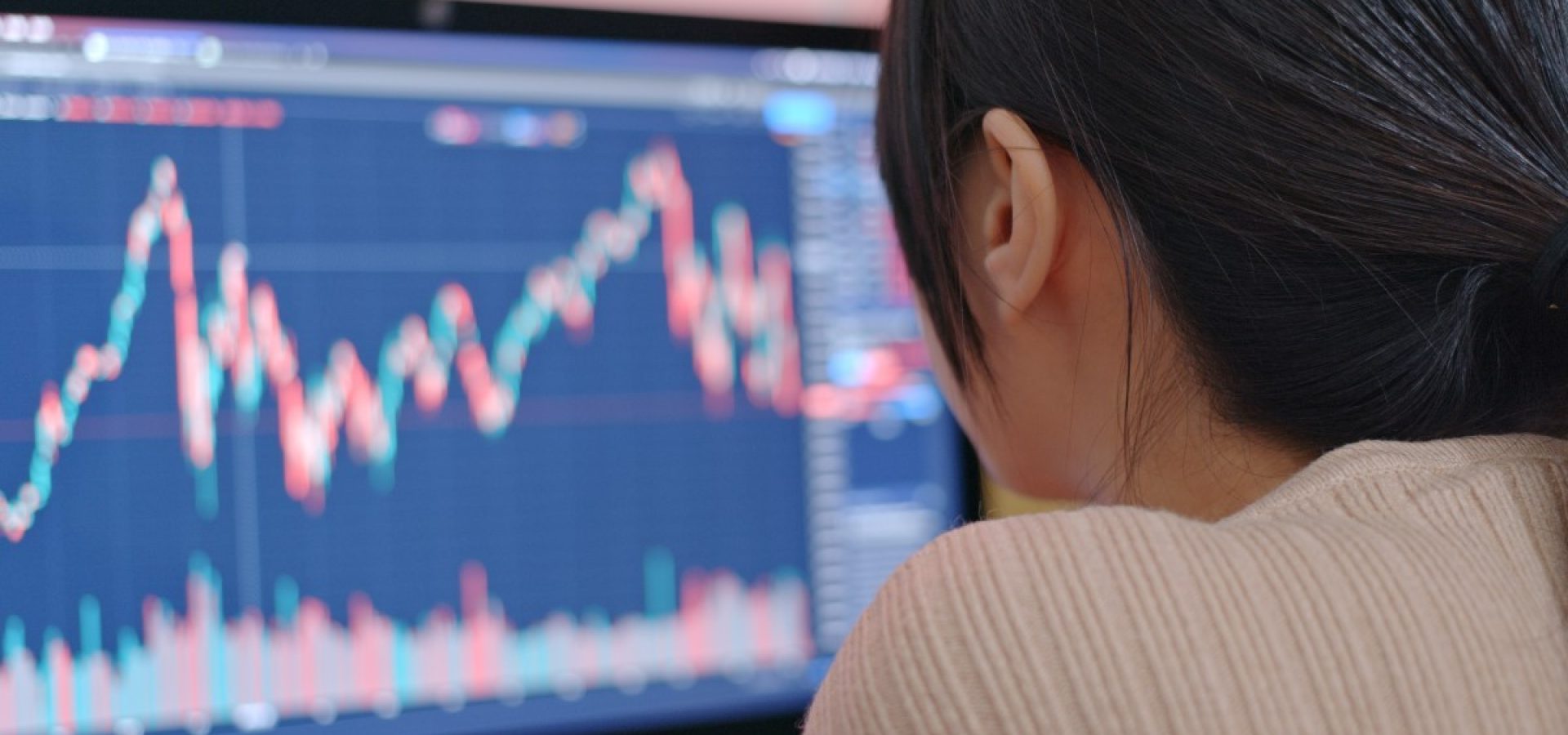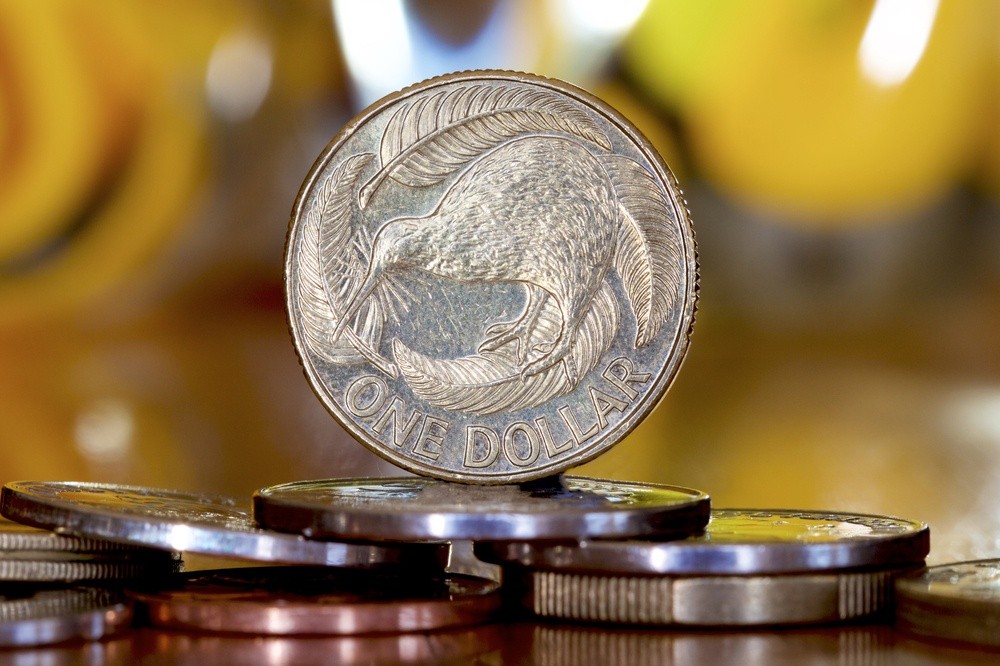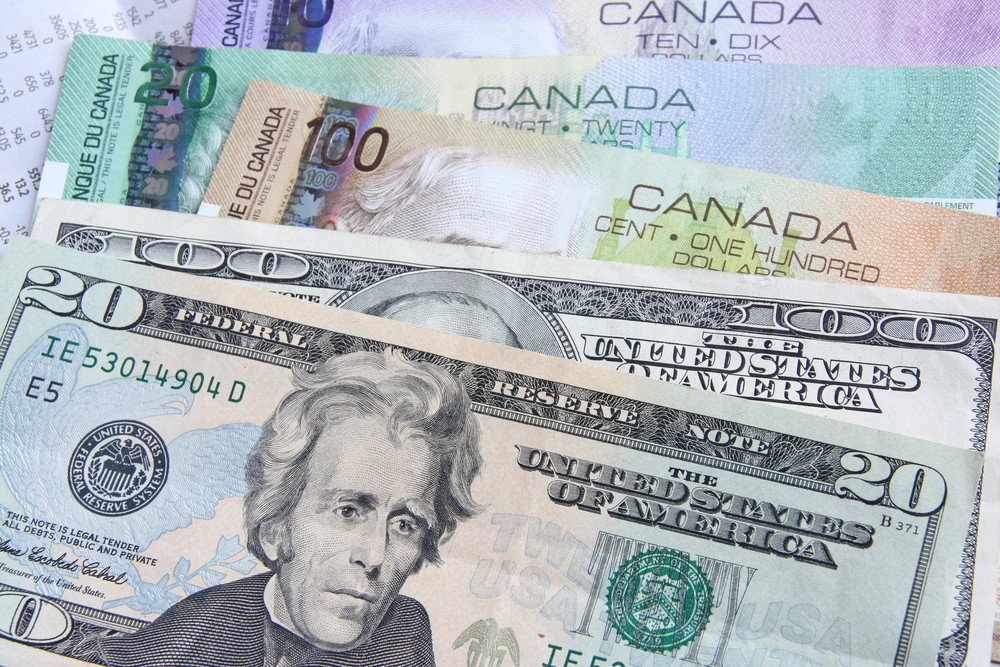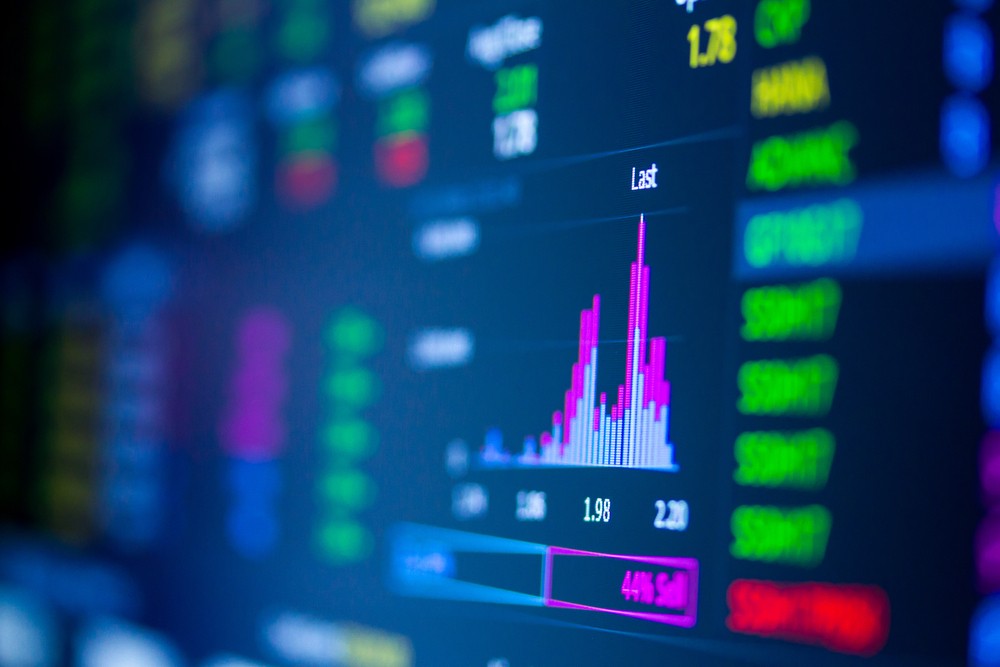The coronavirus outbreak continues in China. The authorities locked down Wuhan with a population of 11 million. The government thinks that the virus originated from the city’s animal market. The virus has already killed 17 people. As the concern escalates, yuan is plunging low. So far, the dollar gained 0.36% against the offshore Chinese yuan to 6.9337 yuan. The Lunar New Year is approaching, which means that lots of people are traveling for celebration, increasing the risk of infection.
Meanwhile, the Japanese yen is strengthening, as the investors choose to move their money to more stable shares. However, moves to the yen and from the yen are quite measured. It seems, investors aren’t panicking about the virus yet.
The ECB’s Policy Stays Unchanged – How Are Currencies Reacting?
The dollar rose against the euro on Thursday. The euro fell to 0.25% against the greenback at $1.1063. The sterling managed to remain close to its two-week high hit, which occurred on Wednesday. However, it still lowered to 0.24%.
Christine Lagarde, ECB’s new president, issued a review of bank policy, in which she redefined the Central Bank’s main goal and achievement plans. “How we measure inflation is something we need to look at,” – announced Lagarde, adding that they will not leave any stone unturned. Even though the former President, Mario Draghi, aggressively launched progressive stimulus measures, the Central Bank did not manage to keep inflation just under 2% during the last several years.
Minh Trang, the senior FX trader at Silicon Valley Bank in California, noted that according to Lagarde, ECB is reassessing some of the tools it has been using for almost a decade to booster up inflation, all to no avail. So far, the central bank has left its key interest rates and stimulus programs unchanged. Though its rate-setters continue buying bonds, also contemplating to cut interest rates until price growth in the eurozone heads back to their goal.









COMMENTS